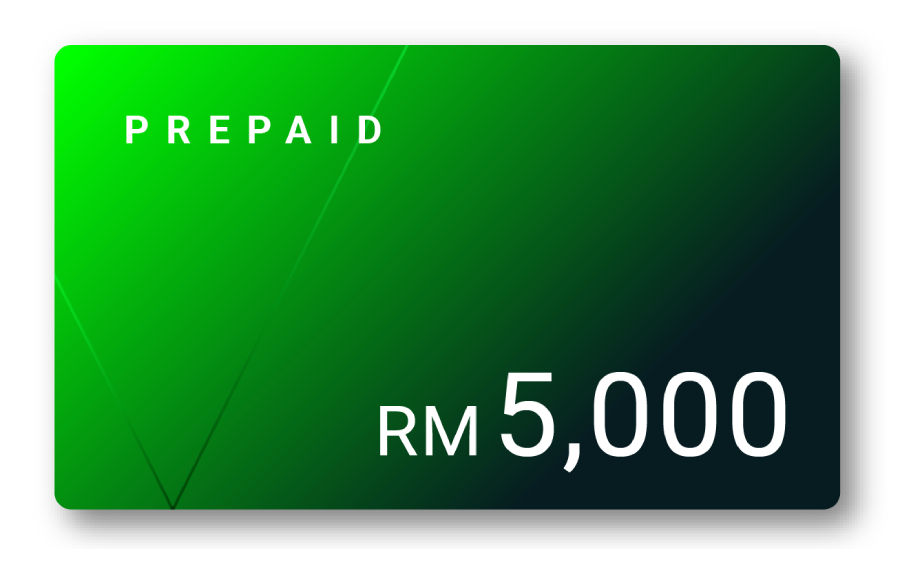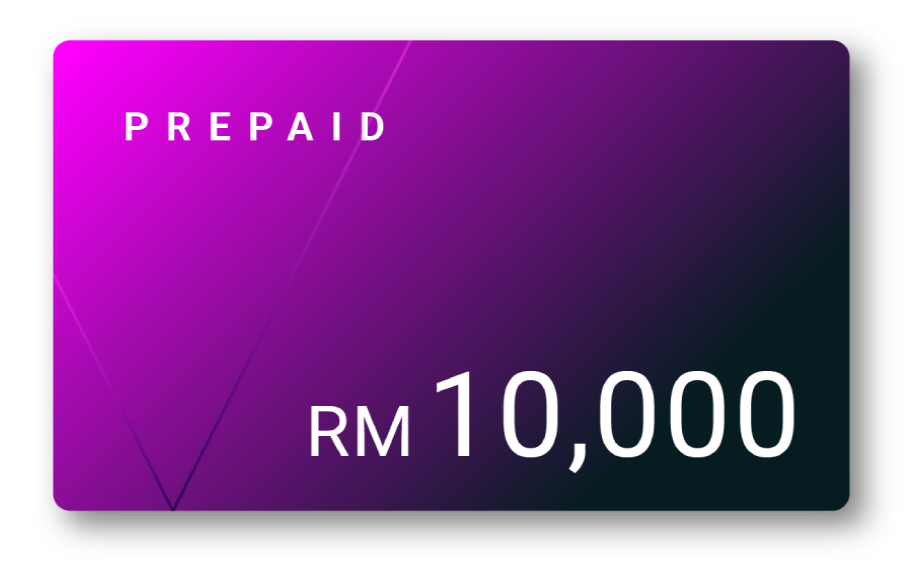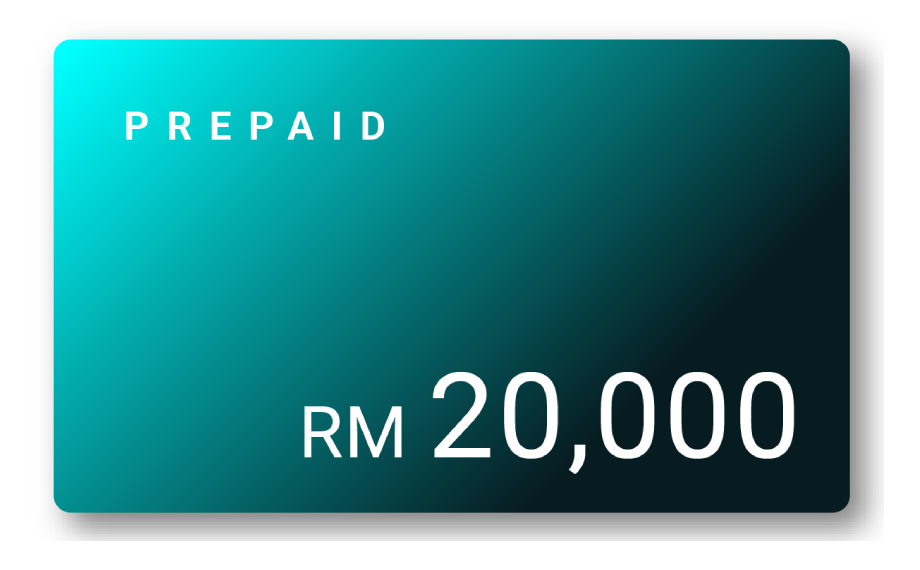Verity journal
Verity Journal
Background Screening

Early 2019, Prime Minister Tun Dr Mahathir Mohamad launched the National Anti-Corruption Plan (NACP) 2019-2023 – an understandable move to break the chain of corruption and kleptocracy that plagued the nation’s public image. The plan covers strategies to introduce integrity and good governance in a range of contexts, across various sectors of society, considering how corruption has gone beyond the abuse of power by public officials to manifesting itself deep within the moral fabric of society as a whole.
One such law that will come into effect in corporate governance, is the introduction of Section 17A (S17A), also referred to as the Corporate Liability Provision Law. Come 1st June 2020, This law will affect everyday people like you and I will be bound to tighter standards of integrity and good governance, when at work.
This new law states that if a commercial organisation is found liable to corruption, any individual concerned with the organisation’s management affairs at the time of the commission of an offence, is deemed to have committed that offence. This is unless the individual can prove that the corrupt act was committed without consent or connivance and that due diligence has been exercised.
What exactly does this loaded chunk of legalese translate to? Glad you asked. If an average employee is caught under an act of bribery, folks from management including MDs, CEOs, and COOs can be charged for the corrupt practices of their subordinates – yes, you read that right! This is unless management can show proof that they have taken measures to ensure that this person was deemed to be a person of integrity at the time of hire, or any other time point in their employment.
This bill was passed in Parliament in 2018 and will be enforced come 1st June 2020.
What to do now?
With plenty at stake, companies are being advised to put in place adequate anti-bribery management systems as outlined in the ISO 37001 and even carrying out employment checks such as a background screening.
If you are new to what background screening is or what it does, let’s go back to the basics.
For an employer looking to hire, background screening involves conducting checks on the personal information, criminal records, employment history and financial history of the scanned employee. All of this information is obtained via publicly accessible data and is completely legal. By taking these steps, you would have demonstrated doing your due diligence, and you can be best equipped to decide if the potential employee is worth hiring – protecting you from the law, and saving you time and hassle that comes with hiring a sketchy hire.
Not only that, you can also use background screening to minimise potential risks when you intend to venture into new business partnerships or transactions which are ripe in potential for corrupt practices. It should be noted however, that in-depth background screening would require the individual’s consent and must adhere to personal data protection and privacy laws.
It can get pretty overwhelming to adapt and adjust to new laws and regulations, especially if there are dire consequences attached to it. We understand that, and we want to make it as easy for you to work within the guidelines. Find out more about how corporates and individuals can benefit from background screening by visiting www.verityintel.com.
“At Verity Intelligence, our entire process complies with the Malaysian Personal Data Protection Act as we are very serious about regulatory compliance and respecting the privacy of individuals. The information we obtain, screen or verify from is also publicly and legally available.”
You must be logged in to post a comment.






There are no comments